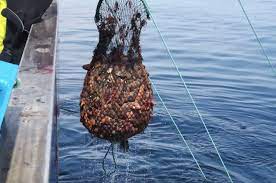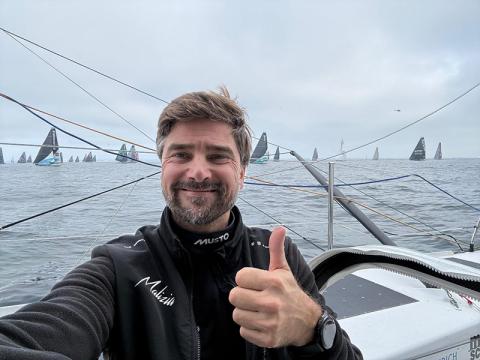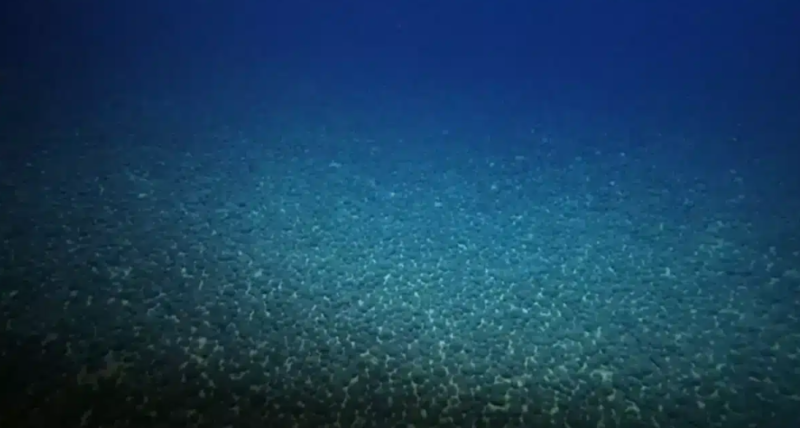Illegal, unreported, and unregulated (IUU) fishing results in an annual loss of $14 to $16 million for the country, according to Madagascar’s Minister of Fisheries and the Blue Economy (MPEB), Paubert Mahatante, during a press conference where he announced the prohibition of sea cucumber fishing in the Boeny, Diana, Sofia, and Sava regions.
Heavily practiced by fishermen in these regions, sea cucumber exploitation is very lucrative. Intensive fishing has significantly reduced sea cucumber populations, leading to this decision by the ministry. In 2016, an order suspended, as an exceptional measure, the exploitation, including fishing, collecting, selling, buying, transporting, peddling, and exporting of any form of sea cucumber (holothurian sea cucumber, sea cucumber). However, this ban has led to an explosion of illegal exploitation.
Recently, Seychelles coast guards apprehended 164 Malagasy fishermen for illegal sea cucumber fishing. They were released and returned to Antsiranana, but the six boats used were destroyed, and the seized products were confiscated, the ministry reported about ten days ago.
The government introduced sea cucumber farming as early as 1995. The ministry has also encouraged the population to engage in this practice. Sea cucumber aquaculture, such as those existing in Toliara, is therefore not prohibited.
Furthermore, to promote the blue economy, the ministry has launched awareness campaigns, training workshops, and knowledge transfer covering various techniques such as mariculture or seawater aquaculture, pond or cage aquaculture, rice-fish culture, crab farming, or seaweed farming, provided in various regions.




